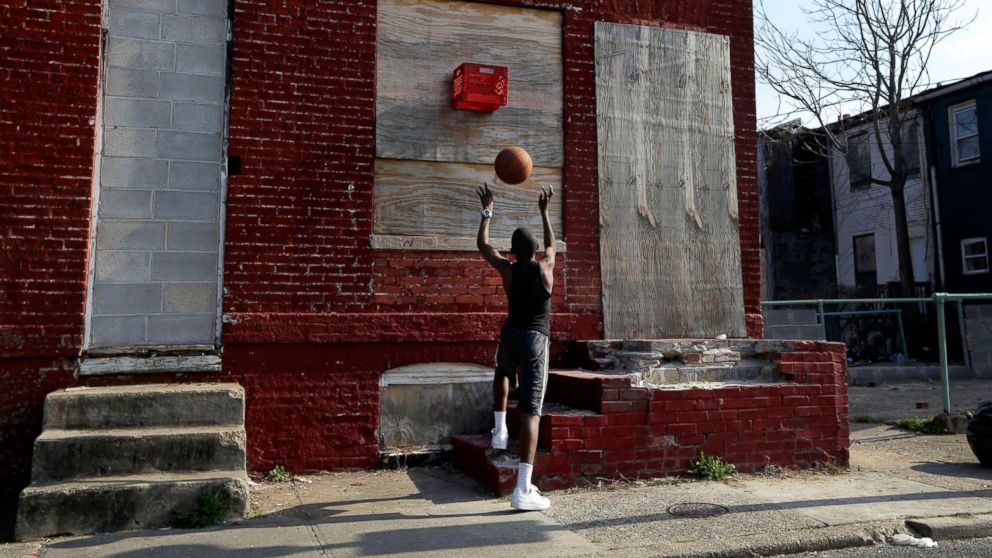HIV Hot Spots a Stark Reminder of Deadly Disease
Researchers offer rapid HIV testing in high-need areas.

Nov. 1, 2013— -- HIV is something that many Americans hear about, maybe learn about, but remain unaffected by. Nevertheless, there continue to be "hot spots" where the disease thrives, and those areas are some of the most impoverished parts of major cities in the United States, including Baltimore, Atlanta, Washington, D.C., Newark and New York City.
Researchers at the Albert Einstein School of Medicine are trying to get to the heart of those areas. By enlisting certain local pharmacies in the Bronx and Manhattan, pharmacists and researchers have been able to offer free rapid HIV testing to any interested passerby.
What You Haven't Heard About the HIV Baby's 'Cure'
One of the Walgreens pharmacies included in the study is right near the Pelham Parkway subway stop in the Bronx. Mothers push babies in strollers; men stand outside the Bargain Store smoking and laughing, a homeless man whizzes by on a motorized scooter and customers carry grocery bags out of Ganzo's Food Mart across the street.
At the pharmacy, researchers stood outside at a table, offering free rapid HIV screenings to passersby.
Clients who agreed to take the test were escorted to a private space within the pharmacy. Their mouths were then swabbed, and during the 20 minutes it took to receive the rapid HIV test results, clients were asked to fill out a risk-factor questionnaire. If clients received a positive oral test, they were offered immediate care at an HIV clinic. If clients tested negative on the oral test, they were given risk-reduction information and condoms.
"There is currently this traditional model of testing where people are supposed to wait and get tested in a medical setting," said Dr. Jason Leider, associate professor of clinical medicine at Albert Einstein School of Medicine and co-investigator of the study, published in the journal AIDS Patient Care and STDs. "Rather than wait, we decided to bring access to them, the public."
Home Testing for HIV -- Reading the Lines in Do-It-Yourself Test
The study lasted a little over nine months. In that time, more than 2,000 people were tested, and six people received positive HIV diagnoses in that time.
According to the Centers for Disease Control and Prevention, there are more than 780,000 people in the U.S. have HIV/AIDS, and nearly one in five HIV-positive people are unknowingly living with the virus. And with 1.2 million people in the Bronx, about 25,000 are currently living with HIV, said Leider. A lot of those people who carry a positive diagnosis do not have proper access to testing or follow-up care, leading to greater transmission of the disease and much sicker patients when they actually do go to see a doctor about symptoms.
"Rapid tests are certainly an important area to keep in the arsenal for HIV testing," said Josh Robbins, an HIV-positive Nashville resident who advocates for HIV education in hopes of reducing stigma. "The peer-to-peer counseling available during these testing sessions is so valuable. The fact that we are allowing these type of conversations to happen is so important."
Dr. Carlos Del Rio of Emory University is a leading researcher of HIV in the United States. He said it's simply "not acceptable" to have the rate of new HIV infections in this country -- holding steady at about 50,000 per year, the highest rate out of any developed country in the world.




